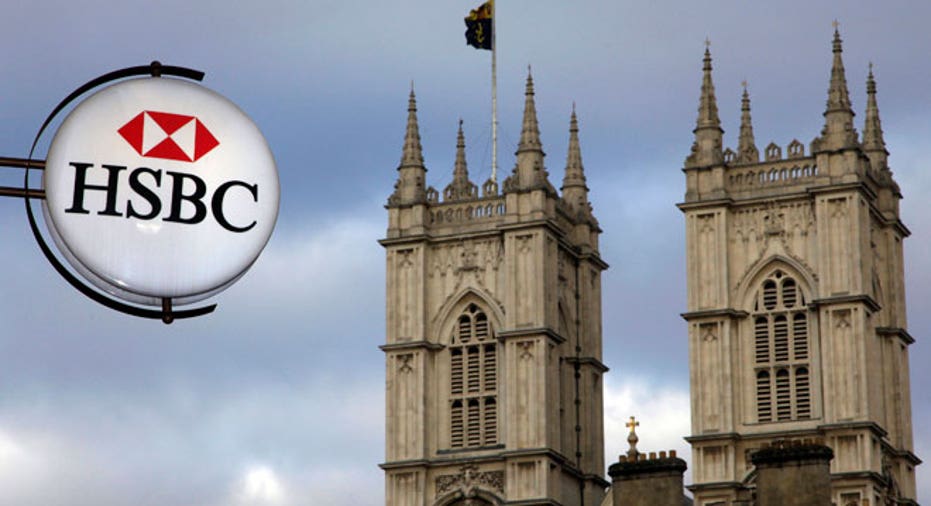HSBC to Slash 50,000 Jobs

HSBC pledged a new era of higher dividends on Tuesday, laying out plans to slash nearly one in five jobs and shrink its investment bank by a third to combat sluggish growth across its sprawling empire.
Chief Executive Stuart Gulliver has made it his mission to boost profits since taking the helm of Europe's largest bank by assets in 2011 but his efforts have so far been foiled by high compliance costs, fines and low interest rates.
In the bank's second big overhaul since the financial crisis it will speed up a cull of unprofitable units and countries by cutting almost 50,000 jobs - half of them from selling businesses in Brazil and Turkey.
It will cut its assets by a quarter, or $290 billion on a risk adjusted basis (RWA) by 2017, and slice $140 billion from its investment bank which will subsequently make up less than a third of HSBC's balance sheet from 40 percent now.
Gulliver also pledged higher payouts for investors. "I believe that we are in the foothills of another prolonged period of dividend growth for the firm," he said. He noted that the bank's dividend had grown from 17 years from 1991 to 2008.
But investors were cautious about how HSBC would translate job cuts into meaningful savings given the higher cost of doing business in a tougher post-crisis business environment marked by new rules on risk and compliance.
"Slaughtering the staff is not necessarily the solution unless management makes the bank considerably less complex," said James Antos, analyst at Mizuho Securities Asia.
HSBC shares dipped 0.1 percent in morning trade, pressured also by disappointment about the bank's decision to lower its target for return on equity to greater than 10 percent by 2017, down from a previous target of 12-15 percent by 2016.
Like rivals Deutsche Bank <DBKGn.DE> and Barclays <BARC.L>, HSBC has been facing calls for more radical cuts at the investment bank given tough operating conditions.
Some analysts said the changes did not go far enough, though others said the asset reduction plan was a substantial shift.
"The cuts provide significant headroom for the group to
fund asset growth in Asia and absorb RWA inflation, whilst protecting its ability to pay a progressive dividend," said Gurpreet Singh Sahi, analyst at Goldman Sachs.
NO SACRED COWS
In addition to the jobs lost through disposals, others will be cut by consolidating IT and back office operations, and closing branches.
Gulliver said about 7,000-8,000 job cuts would be in Britain, or one in six UK staff. The UK retail banking business would also be rebranded to meet new rules designed to ringfence customer deposits from riskier investment banking operations.
Gulliver said it was too early to say whether the group would keep the ring-fenced bank, which will be headquartered in the English city of Birmingham and account for about two thirds of UK revenues, or $11 billion.
The bank also set out 11 criteria for helping it decide whether to move its headquarters from London to Asia, likely Hong Kong. They include factors such as economic growth, the tax system, government support for the growth of the banking system, long-term stability and an ability to attract good staff.
HSBC said it would complete the review of the possible move by the end of the year.
Gulliver warned that its decision to sell its businesses in Turkey and Brazil, where it had failed to gain scale, showed that HSBC "had no sacred cows".
The bank is closely monitoring efforts to turn around its businesses in the United States and Mexico with Gulliver making fortnightly calls to the management in both countries.
Overall, HSBC will push through annual cost savings of up to $5 billion by 2017. It will cost up to $4.5 billion in the next three years to achieve the savings.
The bank said it was also targeting growth in Asia by expanding its insurance business and its presence in China's Pearl River Delta region.
(Additional reporting by Donny Kwok and Matt Scuffham; Editing by David Clarke and Sophie Walker)



















